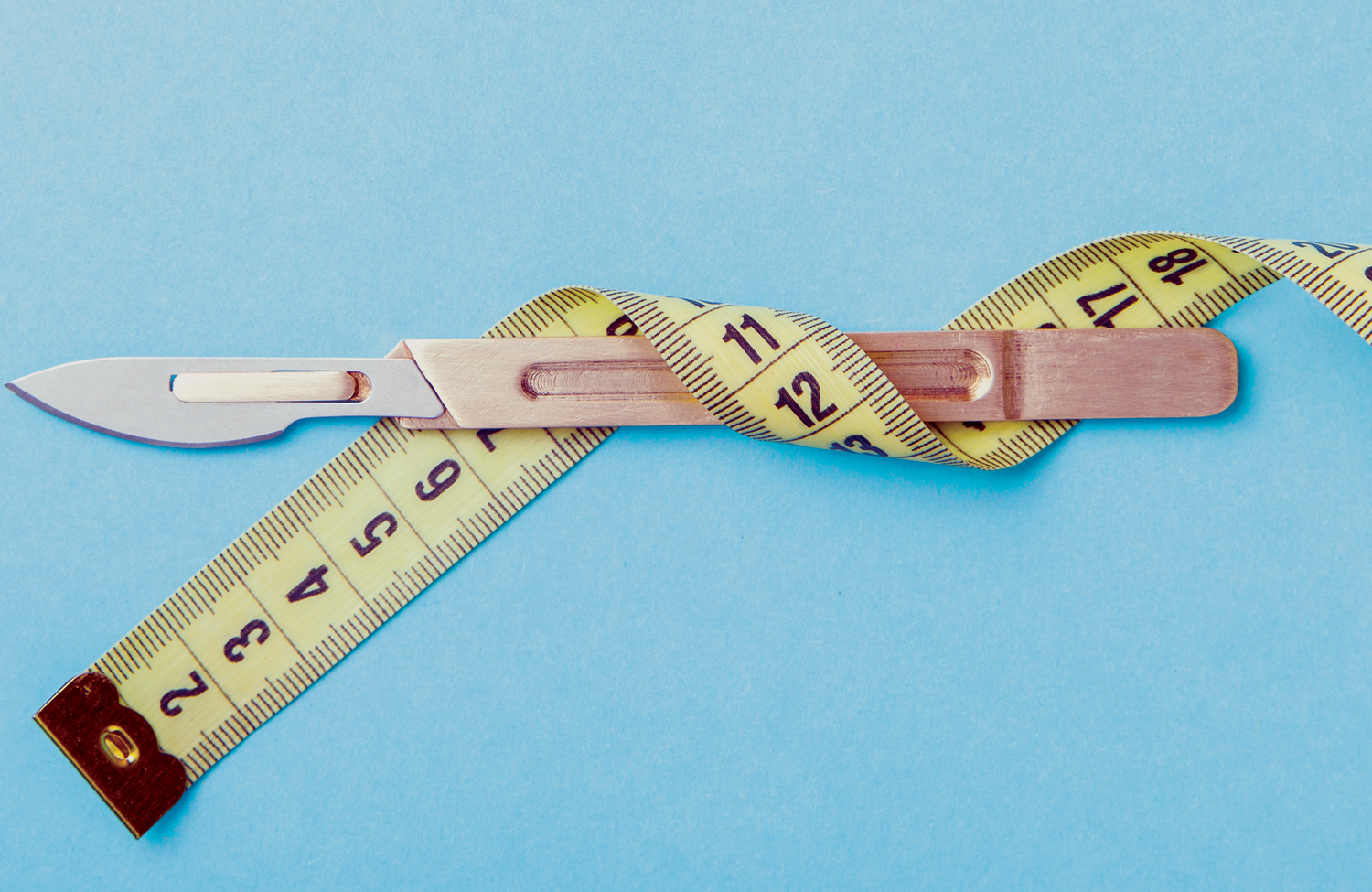

Muscat, Jan 2 - Notwithstanding the known risks associated with bariatric surgery and other weight-reduction operations, more and more people in the Sultanate are turning to this dicey procedure to fight obesity, the Observer has learnt.
Of late, patrons also include individuals with underlying medical conditions, such as diabetes and hypotension, which exemplify their willingness to go under the knife because non-invasive weight-reduction regimens are not working for them.
Dr Ahmed al Aufi, a surgeon in Nizwa Hospital, said: “No surgery is free of risks and complications. Sleeve gastrectomy and other weight-reduction surgeries have medical complications contrary to the belief of many people that the procedure is cosmetic.” The gastric sleeve procedure, also known as a sleeve gastrectomy, is a surgery that dramatically reduces the size of the stomach. Around 80 per cent of the stomach is surgically removed, with only a short, tube-like segment left in place. Individuals undergoing this surgery must severely limit their intake of food and fluids in light of the substantially reduced size of their stomachs.
While concerns over the perils of sleeve gastrectomy operations have put off people in the past, the procedure is now gaining increasing acceptance, according to experts, who cite the failure of diet regimens for the growing popularity of weight-loss surgeries. Also leaning towards such novel and drastic forms of treatment are, surprisingly, people with medical conditions like diabetes.
“People with diabetes and hypertension can get to a state where they don’t need medications for their ailment anymore after receiving this surgical treatment. And even if they still need the medications, then the doses will be significantly lower,” according to Dr Al Aufi.
Elaborating further, the surgeon explained: “Caution has been expressed by experienced surgeons about the hazards inherent in the procedure. However, surgeons have become more experienced and complications can be managed more easily. Mortality involving bariatric surgery is around 0.1-0.5 per cent.
Possible complications are rare but they still exist. A leak from the stable line or surgical anastomoses is possible, although rare. Other complications are less harmful.” A risk of relapse after sleeve gastrectomy is around 3 per cent, the surgeon noted, adding that most patients tend to follow the correct diet after this big step in their lives. The Observer met up with Badr al Aufi, who underwent the surgery after unsuccessfully trying out all possible diets to lose weight. The procedure has been successful, says Badr, who now follows the regime set by his doctor. “For two months, I had to follow a certain food regime starting with transparent fluids, then light soups and mashed food and later you can eat normal food in limited quantities, with ample exercise.”
For Naser al Saidi, the outcome was less happy. Despite being warned by doctors that surgery could prove fatal because of his underlying medical conditions, he decided to go ahead with the sleeve gastrectomy procedure. Naser was called four times to a local hospital but never had the surgery done because the doctor in question wasn’t sure that the patient would survive the procedure. However, determined to have it done, Naser browsed the Internet and found a hospital in neighbouring country which agreed to take the risk. Thankfully, all went well. He now weighs 83 kg, down from a presurgery weight of 200 kg.
Oman Observer is now on the WhatsApp channel. Click here



